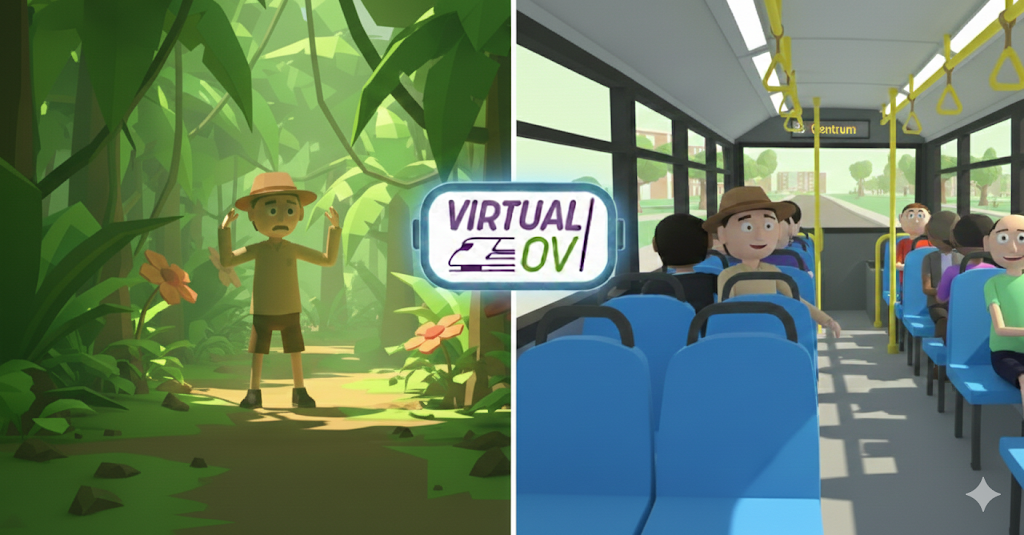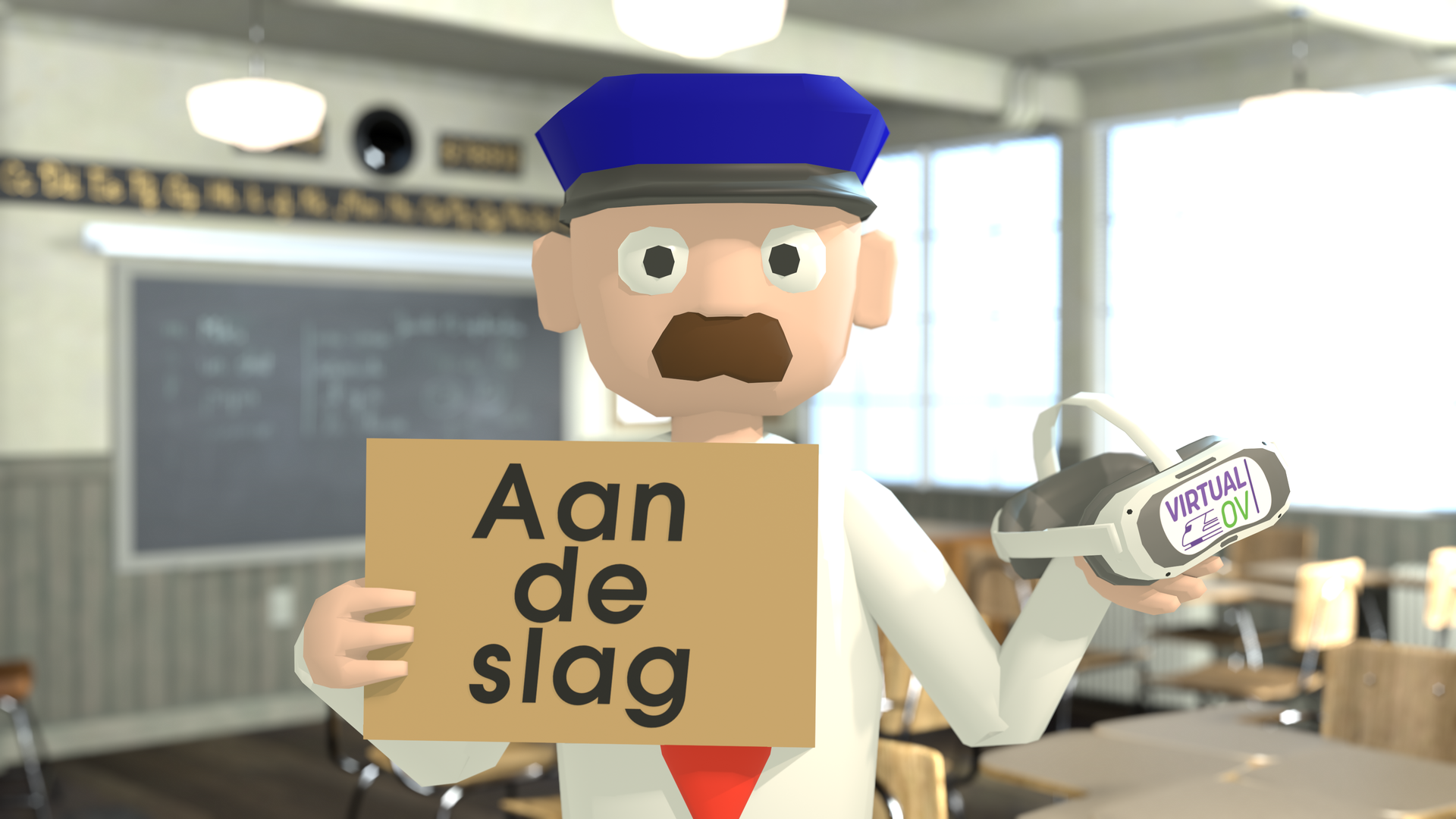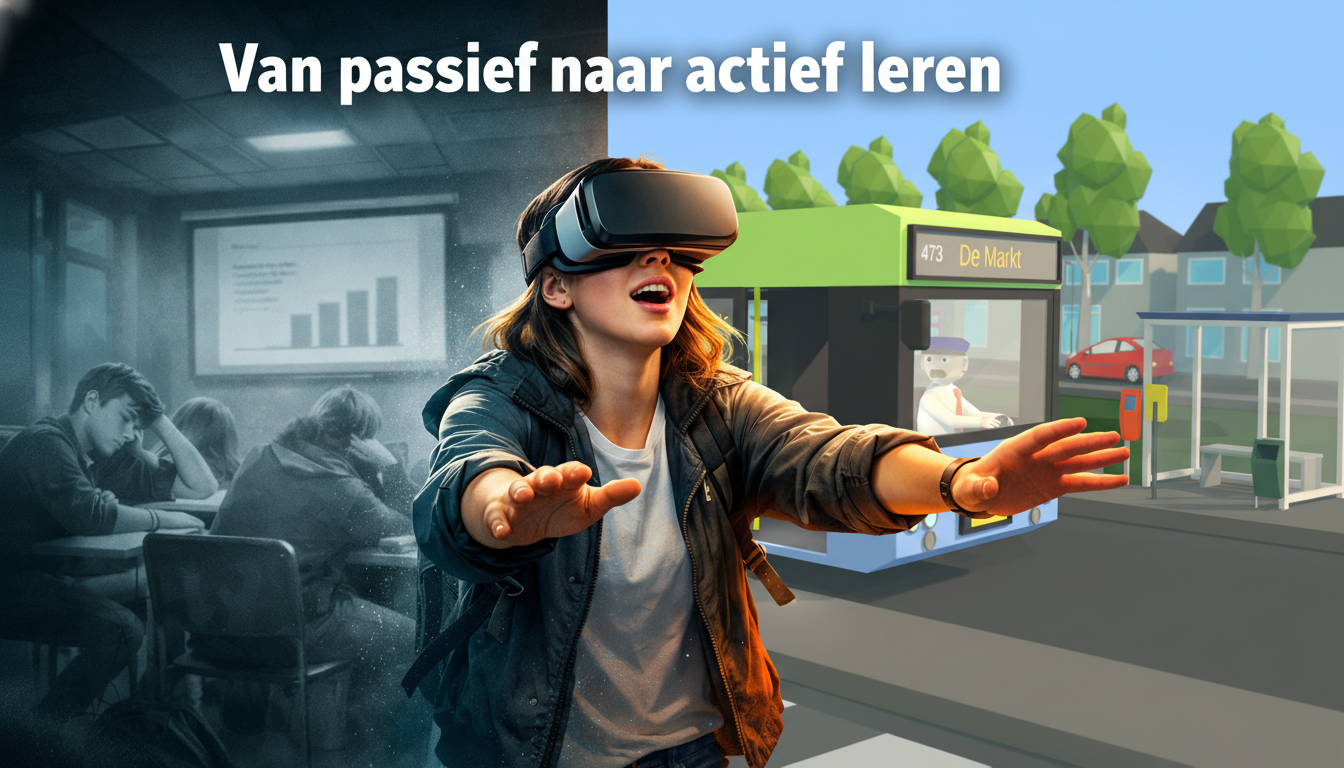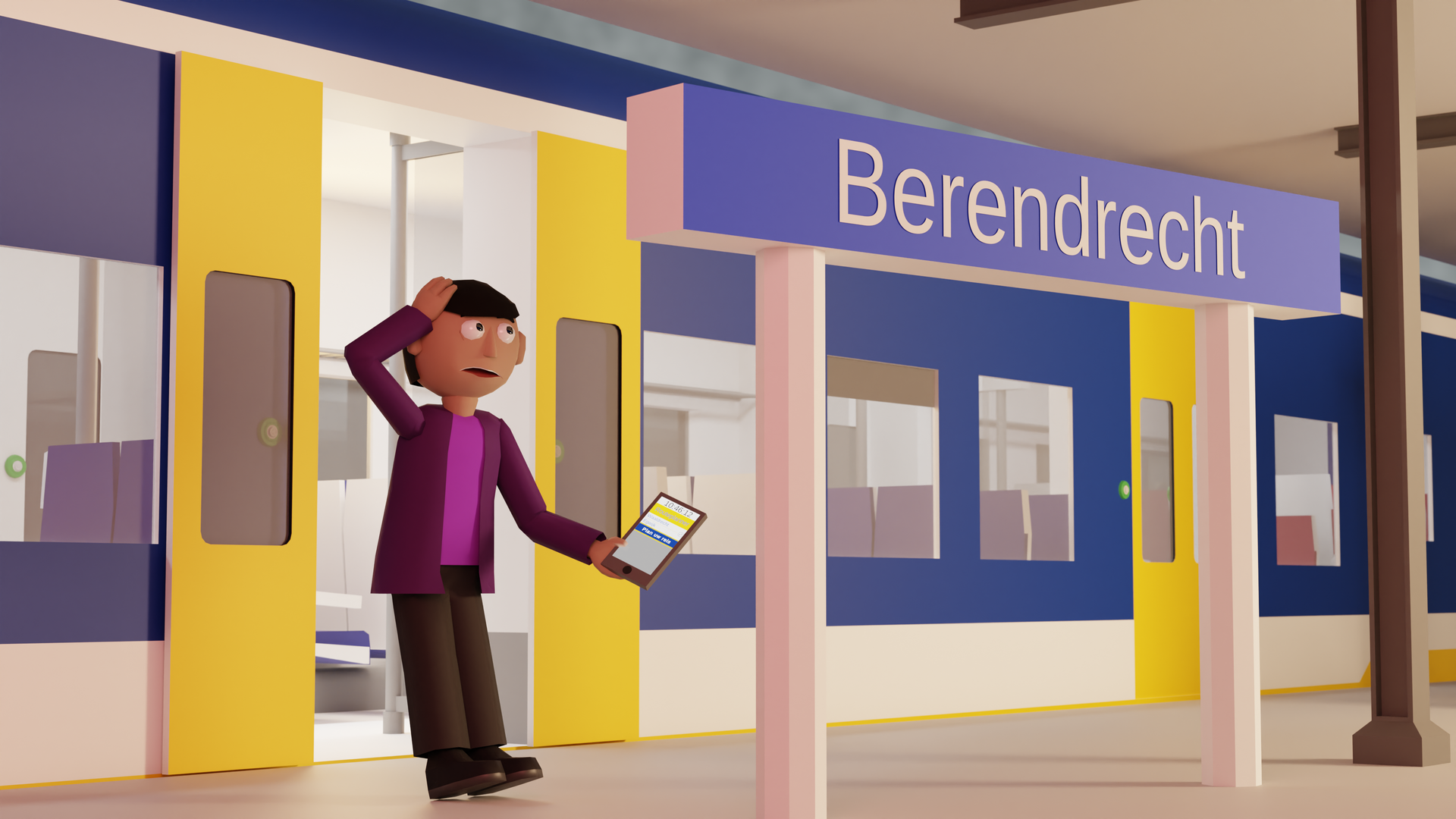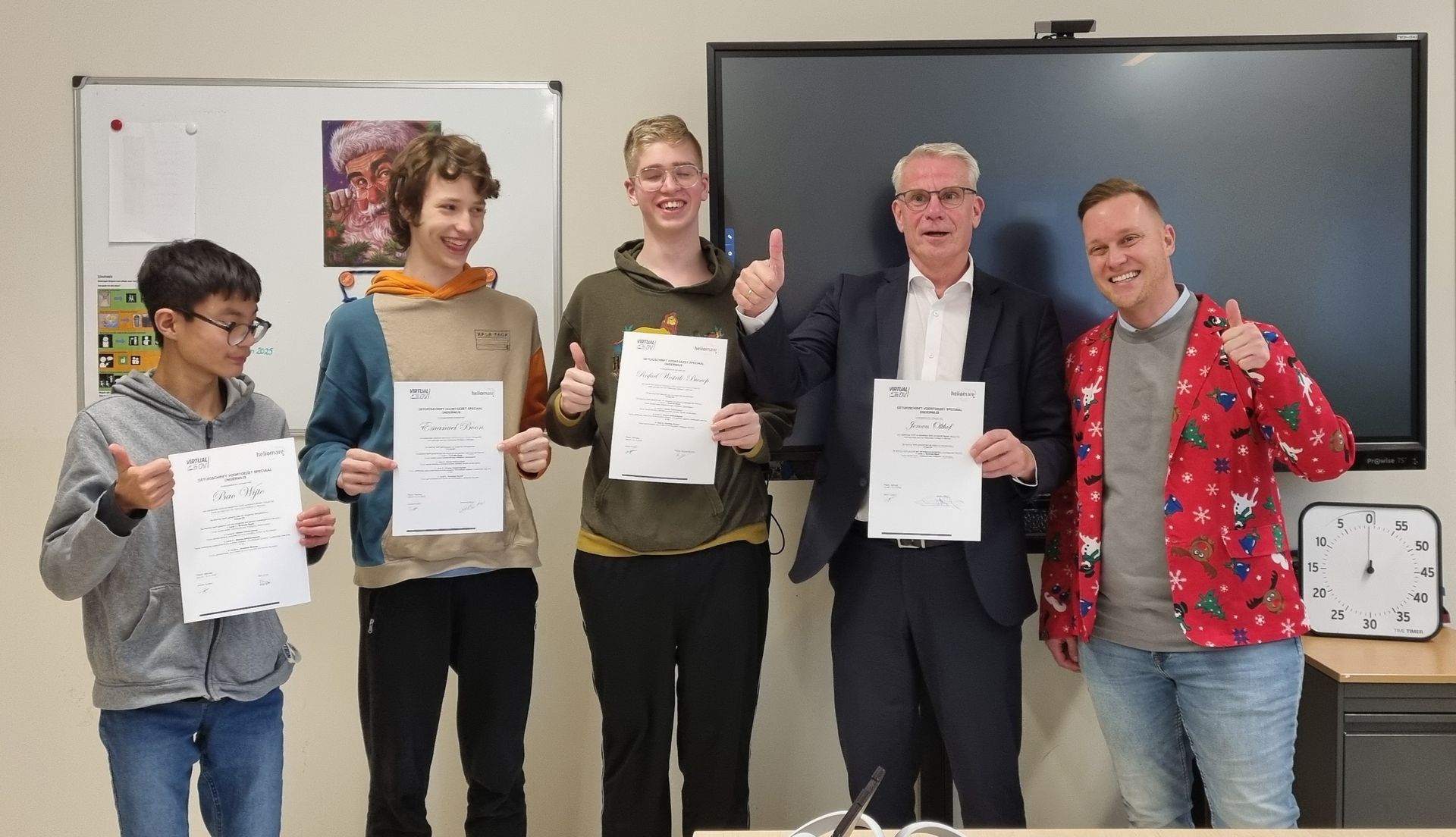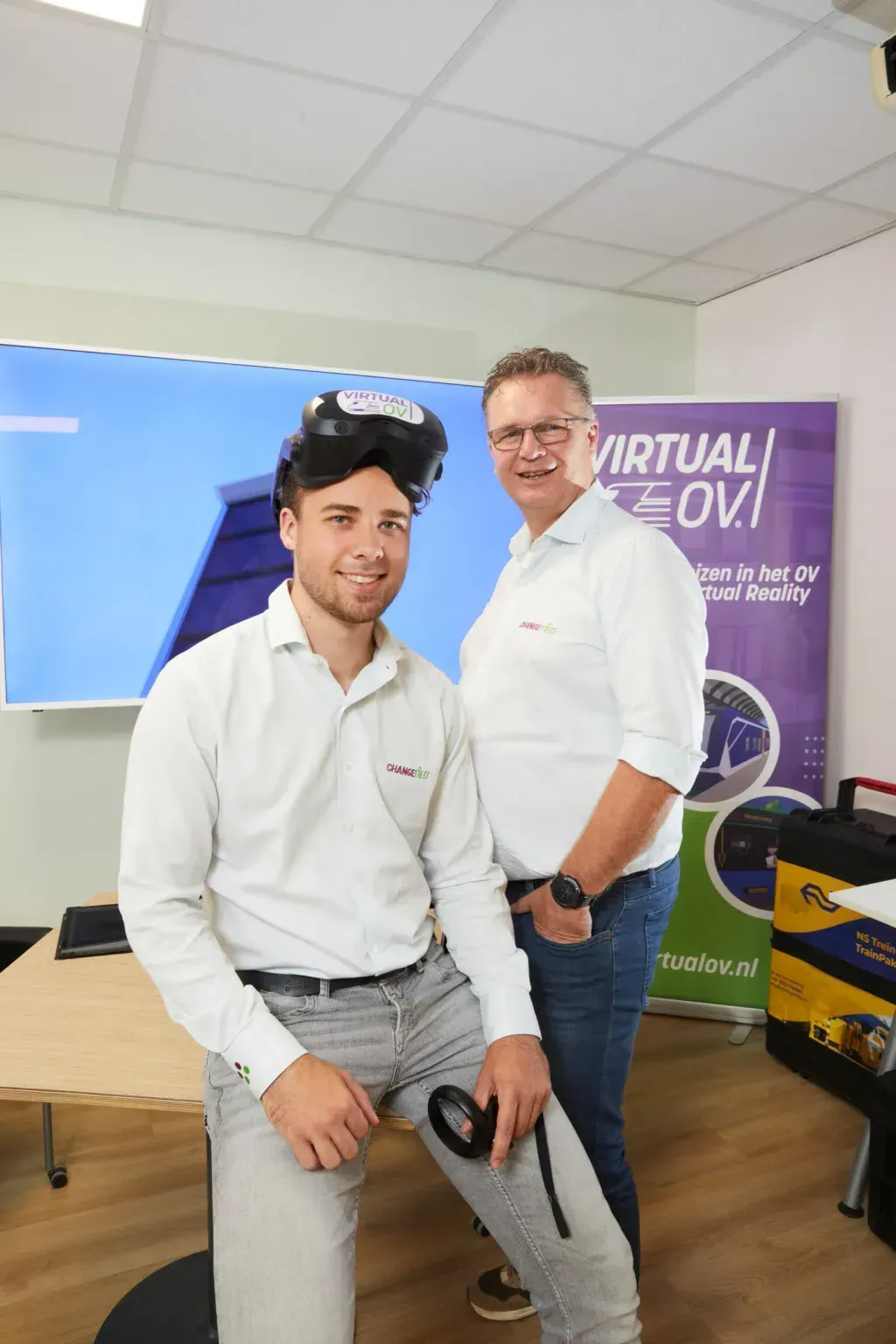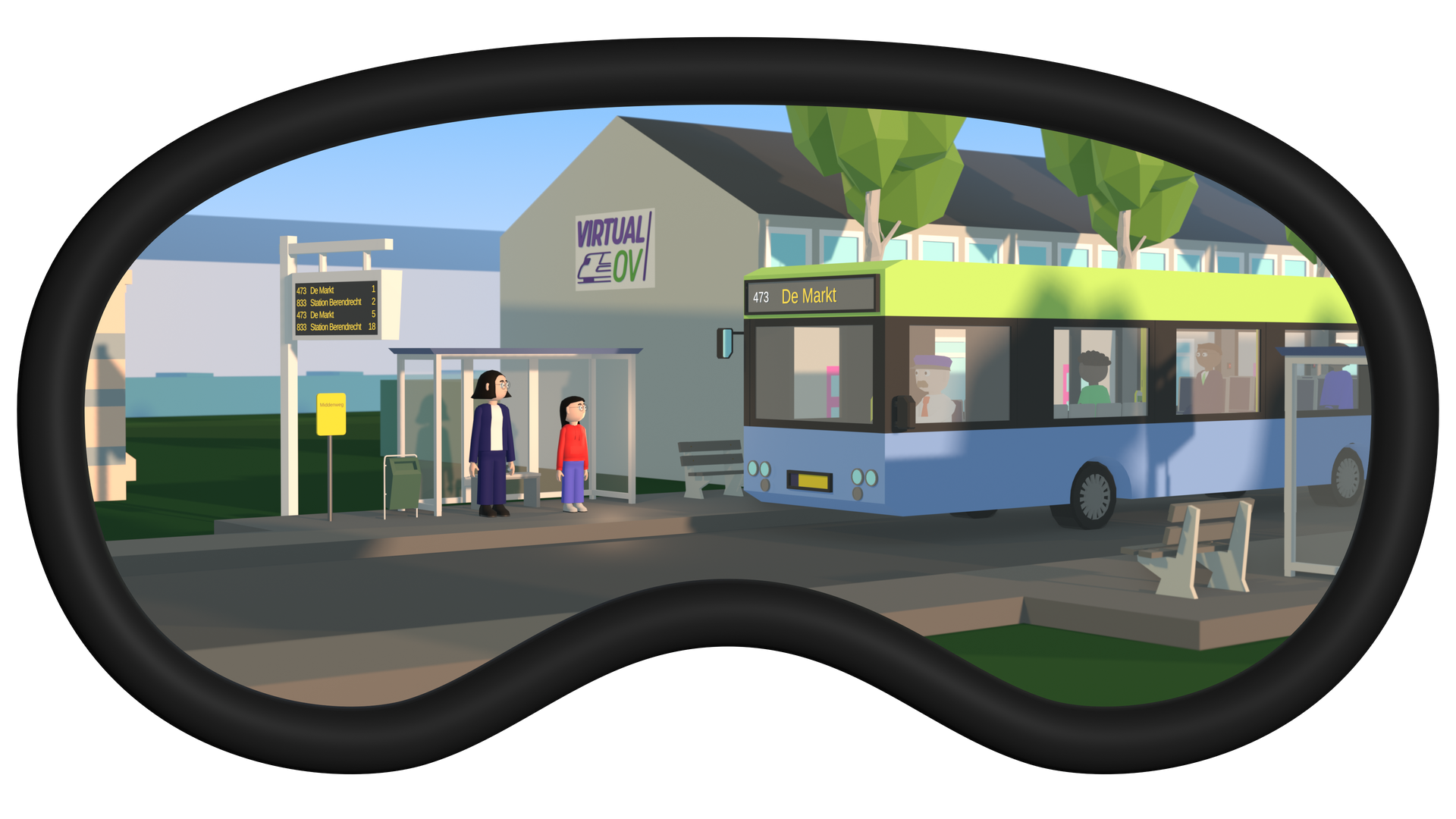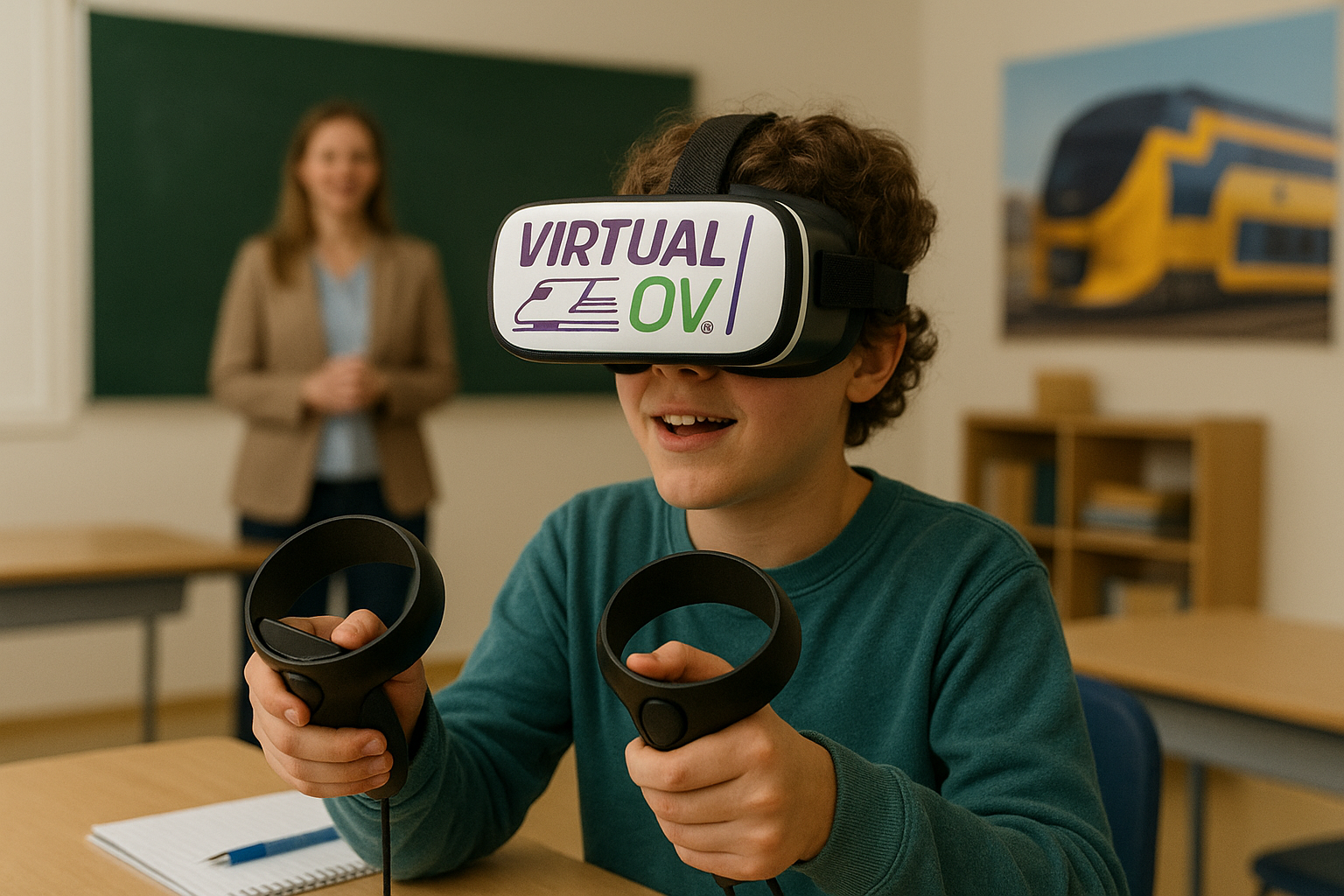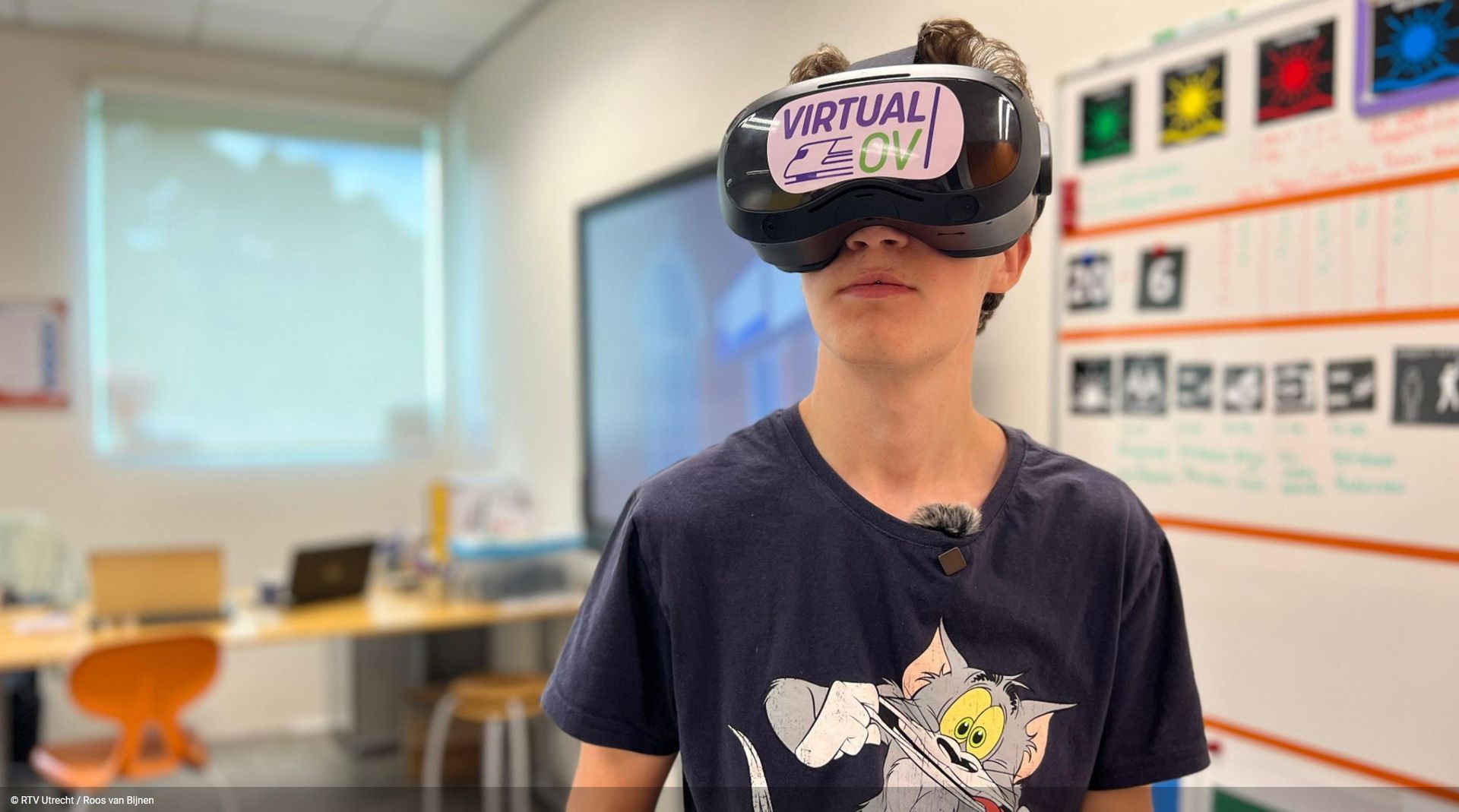Labor market demands independence
Preparing VSO students for independent travel and work

Expectations regarding mobility and independence for VSO students are changing rapidly. Sheltered workshops and the Employee Insurance Agency (UWV) are increasingly demanding the degree of independence , with independent travel for further education, work, or internships considered a core requirement. This presents new challenges for both schools and students, but also offers opportunities—especially when innovative solutions like Virtual Public Transport are deployed effectively.
New requirements from social work and UWV
Working in a sheltered workshop or entering the regular job market means that by 2025, independent travel to work, an internship, or training will be the new normal. This is partly driven by the desire for inclusivity and self-reliance, and partly by practical factors such as staff shortages and the phasing out of specialized student transport. Increasingly, UWVs, employers, and counselors are noticing that participation in work or further education begins with the question: "Can you travel independently?"
Employers explicitly cite the ability to travel by public transport and handle unexpected situations as a key skill for young workers in pre-vocational secondary education (VSO). Selection criteria at sheltered workshops also reflect this requirement. This means that schools must systematically address travel skills in their educational approach.
Social consequences: opportunities and risks
This development offers opportunities for young people in special education who are growing towards greater independence and participation. Being able to travel independently means more freedom, better access to internships and jobs, and a greater chance of sustainable placement. Conversely, young people who don't learn to take this step independently are more likely to fall by the wayside—especially when special transportation is no longer a given.
Virtual public transport as a practical solution for secondary education
Virtual public transport offers a contemporary and accessible solution. Using VR technology, students practice various travel skills safely, systematically, and at their own pace: route planning, checking in, transferring, dealing with changes or unsafe situations. This approach is now being successfully embraced in hundreds of schools, with growing results: young people are building self-confidence, confident in independent travel, and better prepared for internships or sheltered workshops.
By incorporating virtual public transport as a structural component of the curriculum, VSO prepares its students not only technically but also mentally for the transition to independent travel. Moreover, this approach aligns closely with educational goals related to citizenship and self-reliance, through which schools actively contribute to the personal development of their students. In other words: the leap toward independence and inclusion in the job market begins with a virtual journey, but it offers real opportunities for the future.
This integration of travel skills within broader citizenship and self-reliance goals makes Virtual Public Transport a valuable tool for helping young people develop into full-fledged, independent participants in society.

